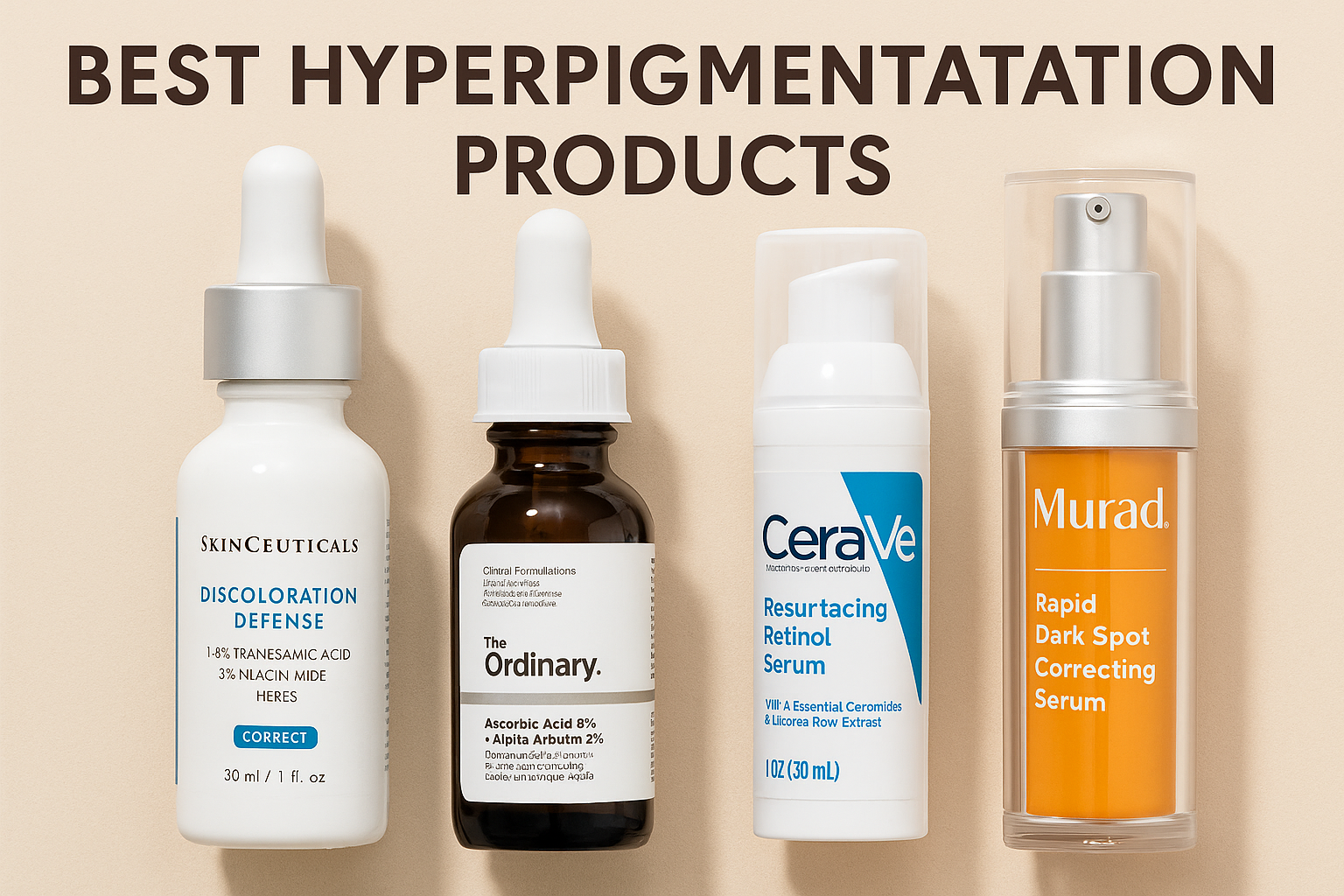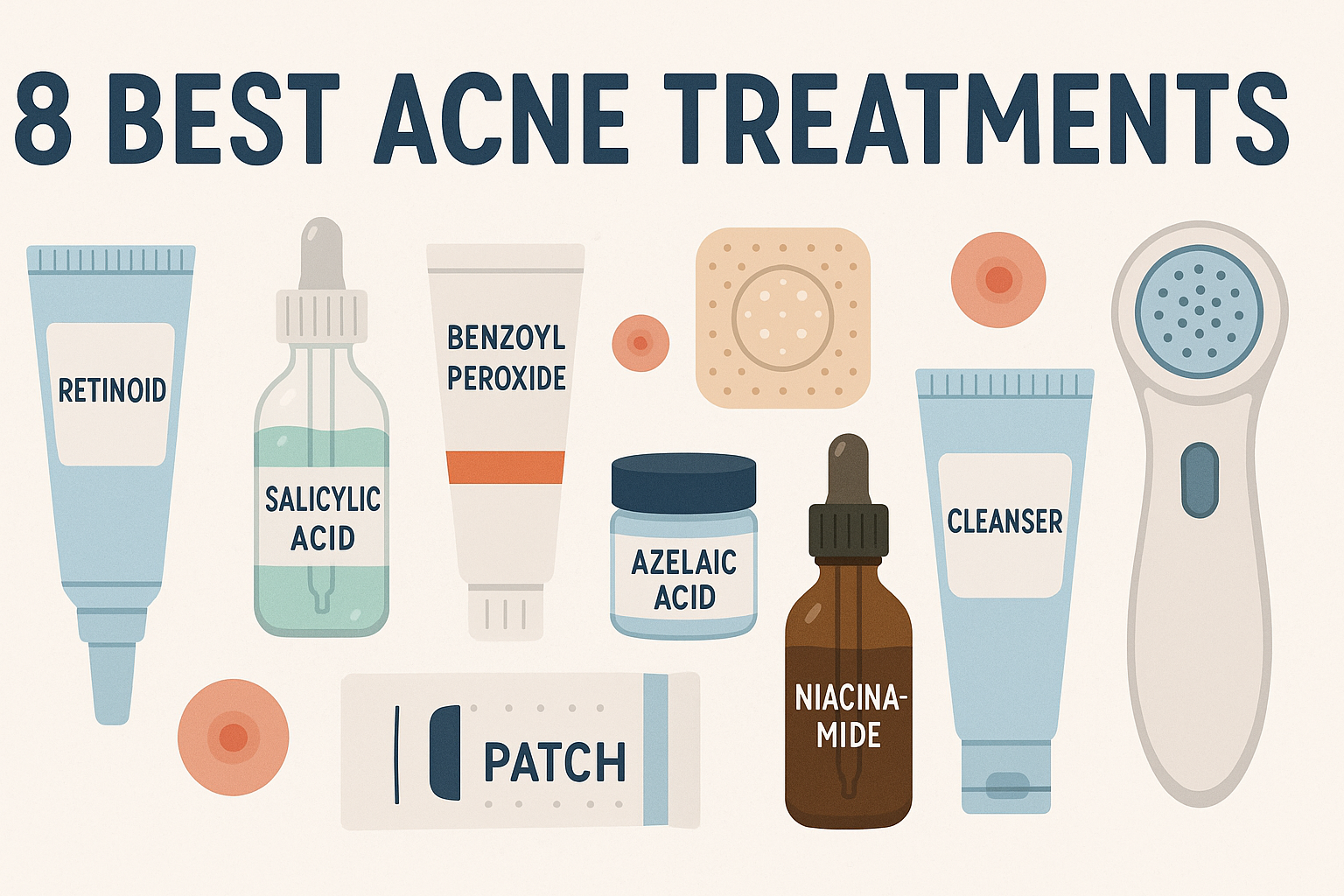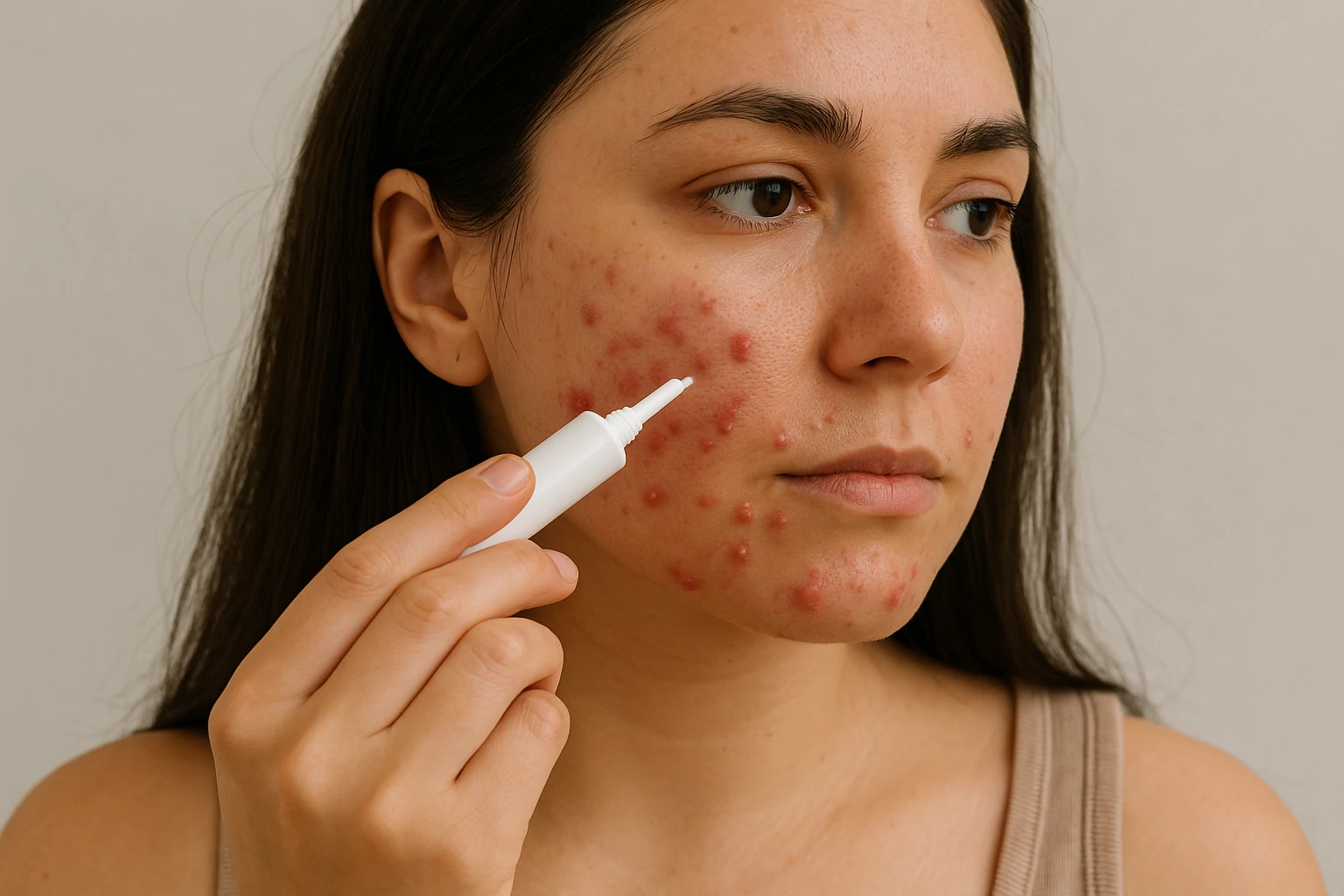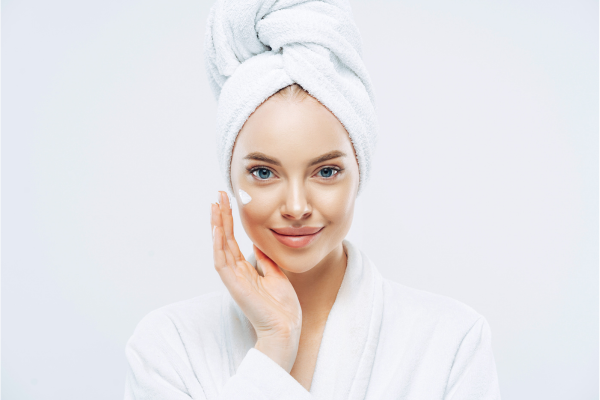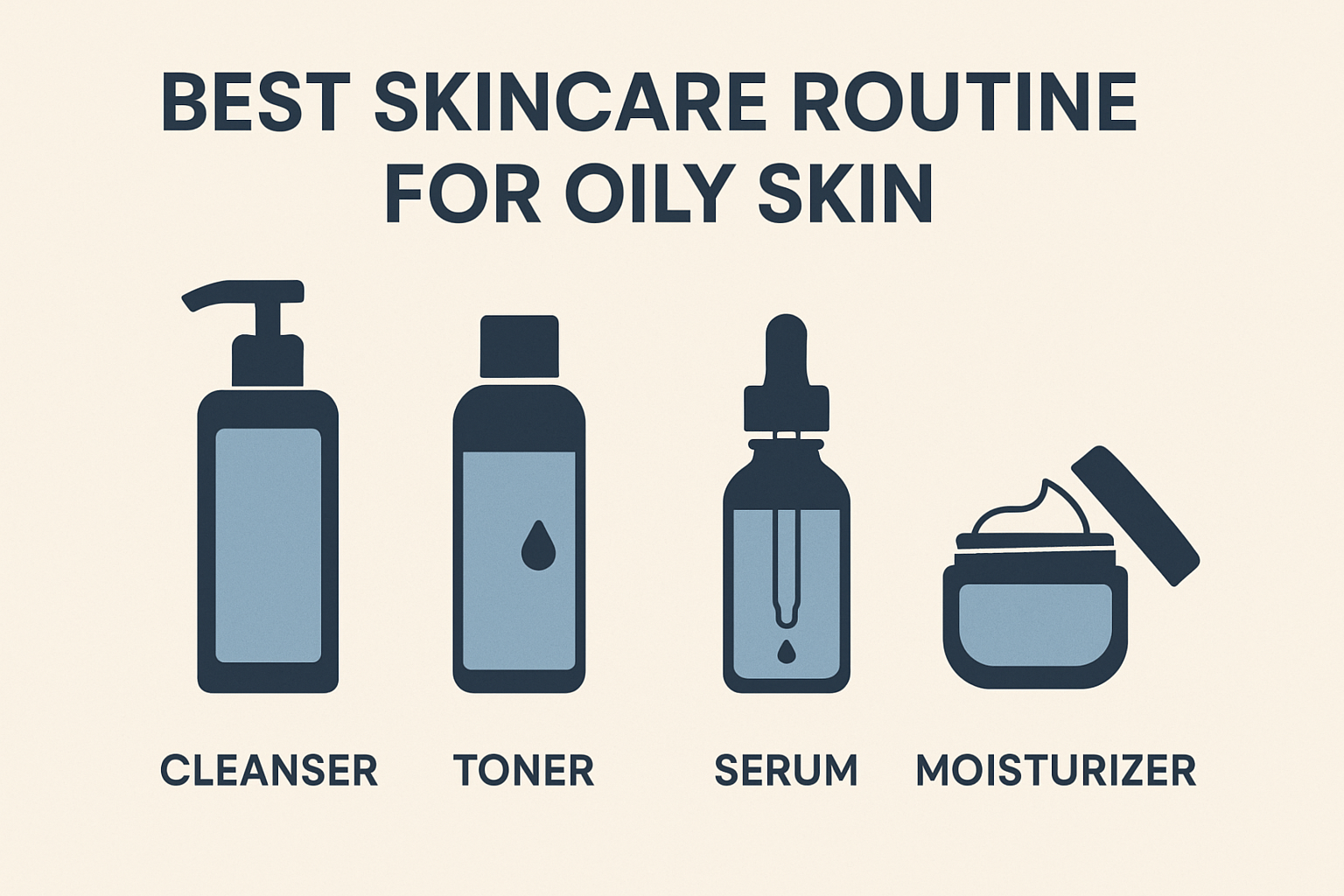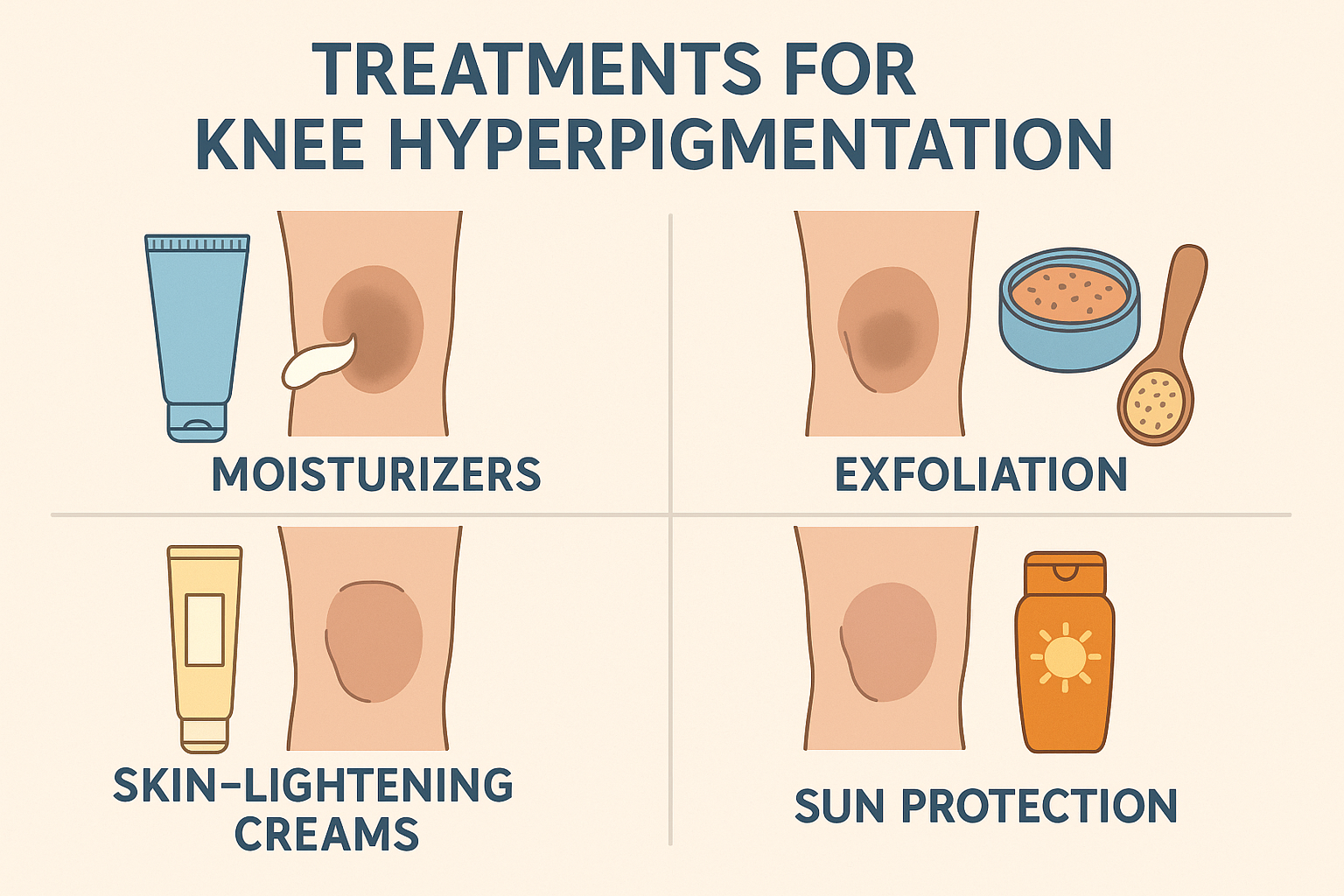Hydrating or Moisturizing? Most People Get This Skincare Step Wrong
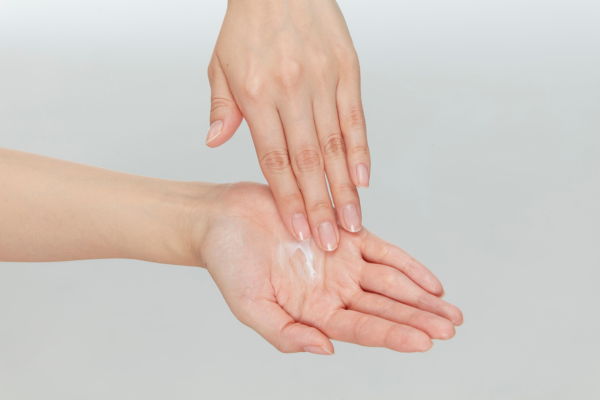
When you wake up and feel that your skin is dry, you might wonder: is it due to dryness or dehydration? The difference between the two can be confusing, especially when trying to understand what your skin really needs. We often hear the terms hydration and moisture, which actually have different meanings, even though they sound similar.
Hydration refers to how much water is in the skin. Hydrated skin has enough water content, which helps keep it soft. When the skin is dehydrated, it means it lacks water, leading to a dull appearance or more visible fine lines.
On the other hand, moisture is related to the skin’s ability to retain the water it has. Moisturizing products help lock water into the skin, preventing it from evaporating, and keeping the skin soft and hydrated. Moisture is crucial for maintaining skin’s elasticity and protecting it from environmental factors that can cause dryness.
According to certified dermatologists Dr. Lindsey Zubritsky and Dr. Kenneth Mark, proper skincare depends on understanding the clear distinction between hydration and moisture. To know what your skin needs, it’s important to recognize the signs of dehydration or dryness and choose products that target those specific needs.
With a better understanding of these two concepts, you can care for your skin more effectively and adjust your skincare routine accordingly.
What Does It Mean to Hydrate Your Skin?
Skin hydration is the process of increasing the water content in the skin. Think of it like quenching your thirst with a refreshing sip of water from your favorite tumbler. Well-hydrated skin looks fresher and more plump. According to Dr. Zubritsky, to effectively hydrate the skin, we need to look for ingredients that can attract and lock in moisture.
Ingredients like hyaluronic acid, glycerin, and aloe vera are known for their ability to pull water into the skin and keep it there. This process primarily affects the outermost layer of the skin, the epidermis, and helps the skin appear smoother and more supple. Hydration is essential to prevent the skin from looking dull or dry and to reduce the appearance of fine lines that often occur due to dehydration.
So, when choosing skincare products, it’s important to look for those with hydrating ingredients, especially if your skin feels dry or looks lackluster. With proper hydration, your skin will not only look healthier but will also be better protected from environmental factors that can worsen skin conditions.
What Does It Mean to Moisturize Your Skin?
Moisturizing the skin is not just about making it feel soft, but also about protecting and strengthening the skin’s protective barrier. Dr. Zubritsky explains that the primary purpose of moisturizers is to protect and reinforce the skin’s barrier, which is crucial for maintaining the skin’s natural moisture. When the skin is well-protected, it becomes smoother and more resilient, offering comfort throughout the day.
Additionally, moisturizers help lock moisture into the skin, preventing it from evaporating. Without sufficient moisture, the skin can feel dry, dull, and may even develop other skin issues. Therefore, moisturizing products help keep the skin hydrated, providing long-lasting softness.
However, according to Dr. Mark, moisturizing and hydrating the skin are not opposing concepts. Many people confuse the two, but there is a distinction. When we talk about moisturizers, we often think of products that make the skin feel smooth and silky, but they focus more on creating a barrier to retain moisture. On the other hand, hydrating is about increasing the water content in the skin. Both work together to provide the best benefits for optimal skin health.
Hydration vs Moisturizing: Which Does Your Skin Actually Need
Dr. Zubritsky explains that in order to determine the right skincare treatment, it is important to know whether your skin is dry or dehydrated. The difference between the two can affect the type of treatment needed. Dehydrated skin, according to him, is lacking in water. If this is the case, the skin will require hydrating ingredients to restore its moisture levels. On the other hand, dry skin lacks oil and generally needs a moisturizer to add moisture.
However, Dr. Zubritsky emphasizes that the two conditions often overlap. While there are fundamental differences, the symptoms can be very similar. Dry skin often feels rough, flaky, peeling, itchy, or even red. Meanwhile, dehydrated skin tends to feel tight, appear dull, and fine lines or wrinkles may become more visible.
To help distinguish between the two, Dr. Zubritsky recommends a simple test called the “pinch test.” Gently pinch the skin on your cheek or hand. If the skin takes longer to return to its normal shape, it could be a sign of dehydration. By understanding your skin’s condition, you can choose the appropriate treatment and ensure your skin stays healthy and well-maintained.
How to Hydrate Your Skin?
Dr. Zubritsky emphasizes the importance of choosing the right ingredients when hydrating the skin, one of which is humectants. Humectants are ingredients that have the ability to attract and absorb water, usually from the surrounding environment, and can be found in various products like serums or moisturizers. One of the best humectants often recommended by experts is hyaluronic acid. This ingredient is known for its ability to provide highly effective moisture, making the skin look more hydrated and plump.
Dr. Zubritsky shares that one of his favorite products containing hyaluronic acid is Neutrogena Hydro Boost Water Cream. This product is claimed to provide nine times more hydration than untreated skin, with visible results—skin becomes more hydrated, plump, glowing, and dewy. Priced around $19 USD, this product is a popular choice.
In addition to hyaluronic acid, Dr. Mark also recommends another effective ingredient, lactic acid. Lactic acid is also a humectant that helps increase the water content in the skin. Furthermore, this ingredient is excellent for those with sensitive skin, as lactic acid, an AHA (alpha hydroxy acid), has gentle exfoliating properties without causing irritation. When used correctly, these ingredients can provide optimal hydration for healthier, well-maintained skin.
How to Moisturize Your Skin for That Healthy Glow
Dr. Zubritsky also advises that when choosing a moisturizer, it’s important to look for ingredients that can strengthen and support the skin’s protective barrier. For this purpose, ingredients like emollients and occlusives are highly recommended. Emollients work to soften the skin, while occlusive ingredients help lock in moisture to prevent it from evaporating. Some effective ingredients for this include ceramides, dimethicone, shea butter, lanolin, and petrolatum.
One of Dr. Zubritsky’s favorite moisturizers is Tatcha The Dewy Skin Cream Plumping & Hydrating Moisturizer. This product is known for its rich, luxurious texture and contains dimethicone, squalane, and antioxidants that help seal moisture into the skin. Priced around $65, this product is ideal for those looking for long-lasting hydration while providing protection for the skin.
Dr. Mark also adds that, in addition to active ingredients, the form of the product itself is very important, especially for very dry and cracked skin. For such conditions, ointments or salves with occlusive physical protection, like Aquaphor Ointment, are necessary. This product, priced around $15, is effective in providing an extra protective layer, helping very dry skin stay hydrated and well-protected.






 Acne
Acne Anti-Aging
Anti-Aging Business
Business Digital Marketing
Digital Marketing Economics
Economics Exfoliation
Exfoliation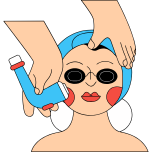 Hair Removal
Hair Removal Movies
Movies Personal Finance
Personal Finance Websites
Websites
